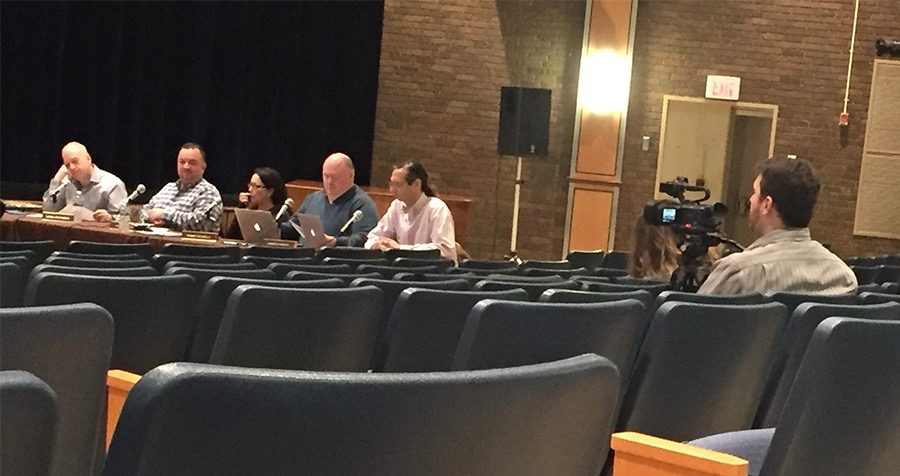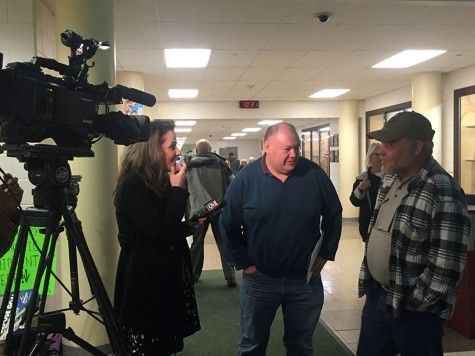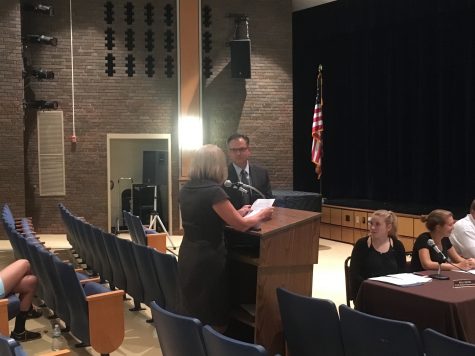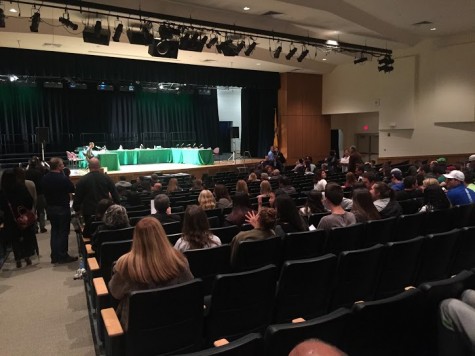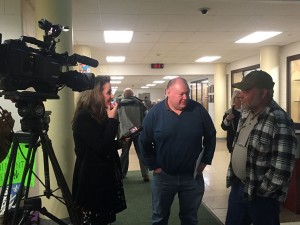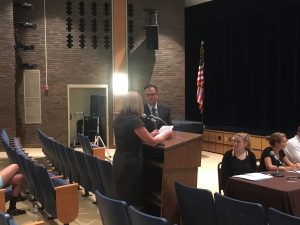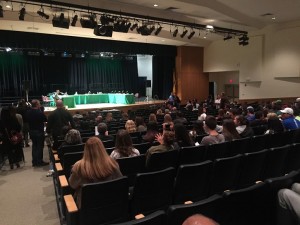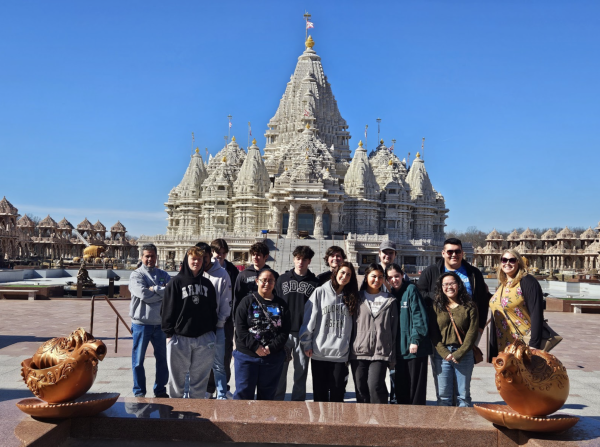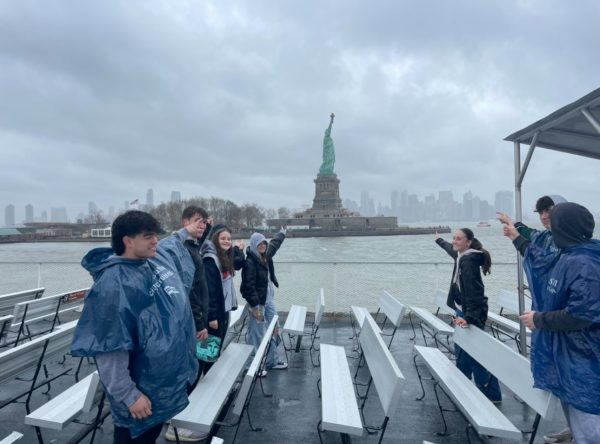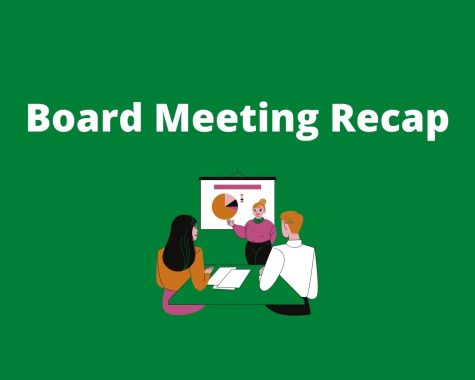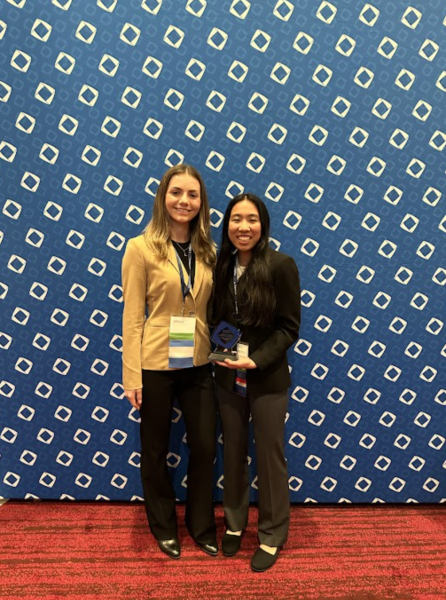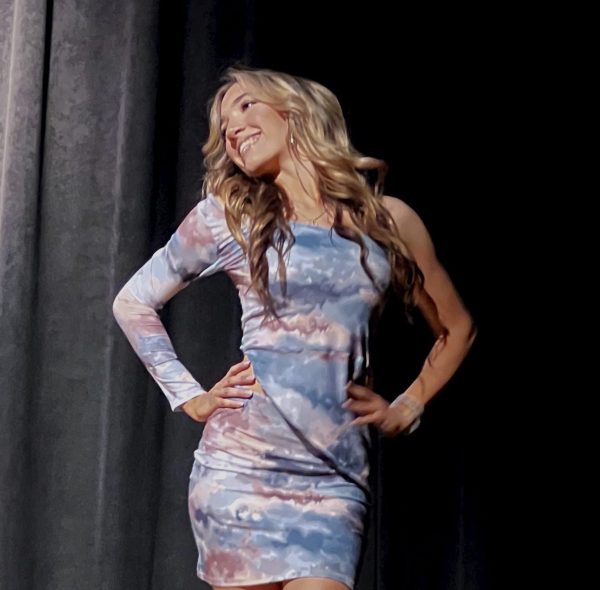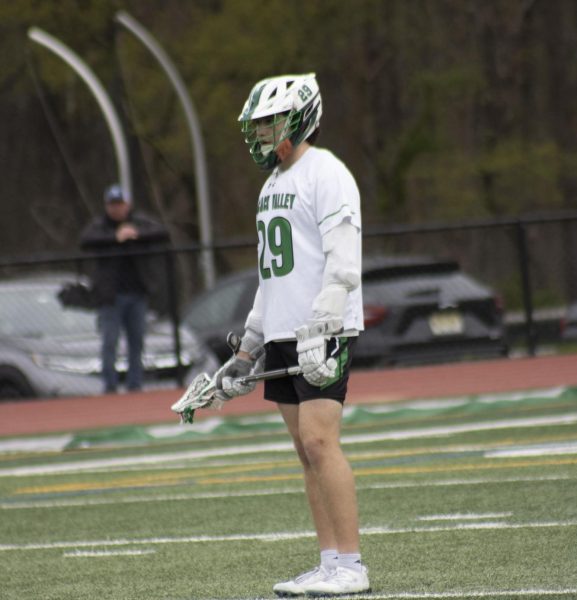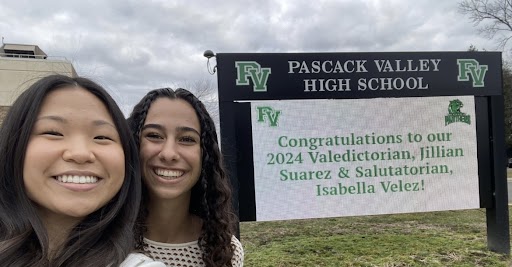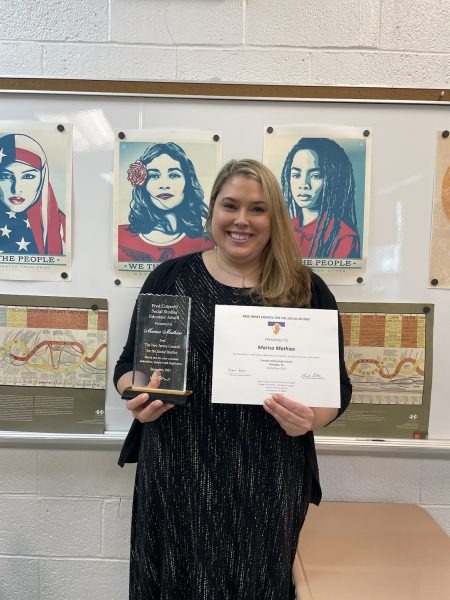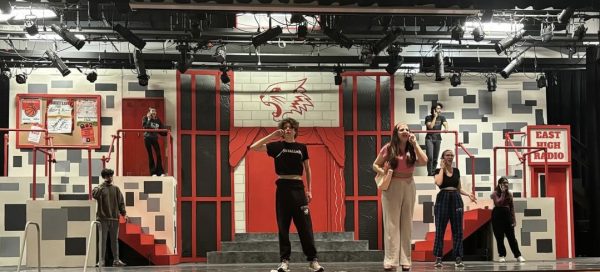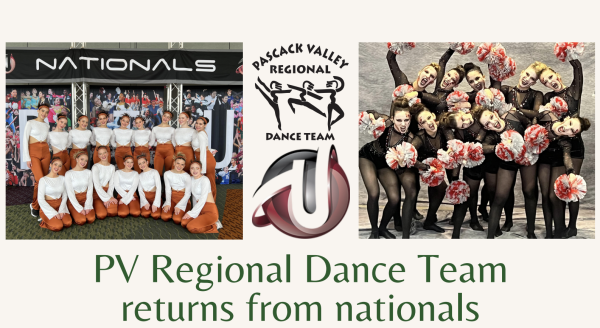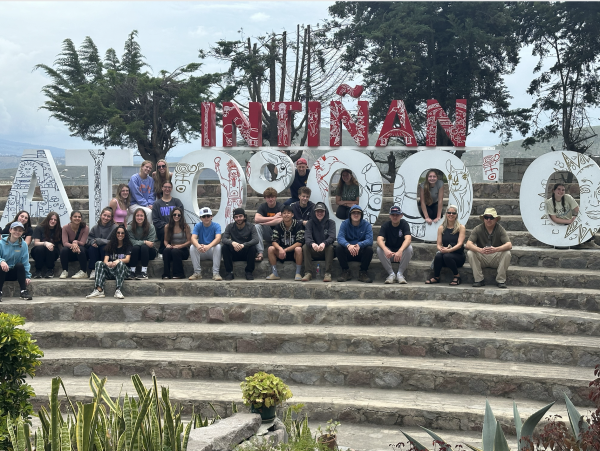Board of Education passes long-awaited recording policy
Policy to go into effect beginning next board meeting
The Board of Education unanimously passed a policy that will allow recording of board meetings yesterday in the Pascack Hills auditorium.
The policy will go into effect beginning the next Board of Education meeting on Feb. 27. Yesterday’s meeting was unofficially recorded in order to test the equipment.
The new policy, P0168, states that the board “shall make a video tape recording of each Board meeting as an administrative aid in the preparation of minutes and for public viewing on the district’s website.” According to the policy, the videos will be posted within 48 hours of recording and all video recordings will be kept on the Board of Education website site for a year but only “if permission is granted by the New Jersey Department of State, Division of Archives and Record Management.”
[The policy] has been discussed for quite sometime now and the board has discussed the benefits and the drawbacks to recording and posting those recordings online.
— Erik Gundersen
The policy also allows for members of the public to record meetings. People who wish to record are not required to inform the board in advance unless the recording devices will be obstructive or disruptive.
The passing of this policy follows a over year of contention among the board. The idea of recording board meetings was brought up by members repeatedly within the past year, including at meetings on Sep. 15, 2015 and Nov. 21, 2016. The policy was first introduced to the Board on Feb. 8. 2016 and was tabled on Feb. 22 2016.
“[The policy] has been discussed for quite sometime now,” Superintendent of Schools Erik Gundersen said, “and the board has discussed the benefits and the drawbacks to recording and posting those recordings online.”
Gundersen said that he felt that the board had confidence in the policy committee, which had spent time modifying the policy from it’s original proposal nearly a year ago.
“I believe it was a mandate from the public,” said James Stankus, the newest member of the Board of Education.
Stankus’ campaign while running for the board in the fall largely hinged on the issue of increasing transparency.
“The primary reason [for the policy] was transparency,” said Carolee Adams, a Montvale resident who has repeatedly spoken in favor of recording the meetings. “That’s really the crux of it.”
Adams said, in addition, that many people who don’t attend meetings would watch from home as it is “just more accessible.”
“I think when [the board] researched it and realized the positive effects of it, that’s when they started to buy into it,” Stankus said. “You don’t want to behind on something like this. If other places are trending [towards recording] and you’re the last one, then you get looked at with suspicion and you don’t want that.”
I think it’s very important to be transparent and not just claim to be transparent.
— Jeffrey Steinfeld
There have been statements from members of the public, and from local papers, recently, advocating for transparency from the board.
“We’re not trying to hide anything; we have public meetings,” said Jeffrey Steinfeld, president of the Board of Education. “But I think it’s very important to be transparent and not just claim to be transparent. Particularly these days, when there’s so much general distrust of government, I think it’s important to be as transparent as possible.”
Seinfeld claimed that recording would help the public see that the board is transparent and that it “follows the law appropriately.”
Many of the board members’ original concerns regarded cost and student privacy.
“From a monetary standpoint,” Gundersen said, “we discovered that we currently have the equipment, in house, to record and post the board meeting. We will have to compensate somebody for being here to record…, but that’s not going to be an absorbent cost.”
After “consulting legal counsel,” the board and policy committee has found that there is no student privacy issue. New Jersey state law currently states that recordings of public meetings are allowed.
“If it’s a public meeting, there really is no public issue,” Stankus said. “Now you have to make sure the public knows [that they are being recorded].”
What the board needs to realize now is that they’re speaking to a wider, faceless audience.
— Erik Gundersen
According to Gundersen, the board will be informing students who appear for student recognition programs that they will be recorded. The board will also be notifying members of the public who wish to speak during the “comments from the public” portion of the meetings that they will be recorded and that their comments will be posted online.
“I really think the board feels confident that this is the right thing to do,” Gundersen said. “What the board needs to realize now is that they’re speaking to a wider, faceless audience.”
Gundersen hoped that the recordings will increase public participation. He said that “being a passive recipient” of board meeting by watching online may encourage members of the public to “come out to board meetings and voice their opinion on various matters,” becoming an active participant.
“I don’t know how many people are going to review these recordings [or] how many people are going to watch,” Steinfeld said, “but I think the fact that they exist is very important.”

